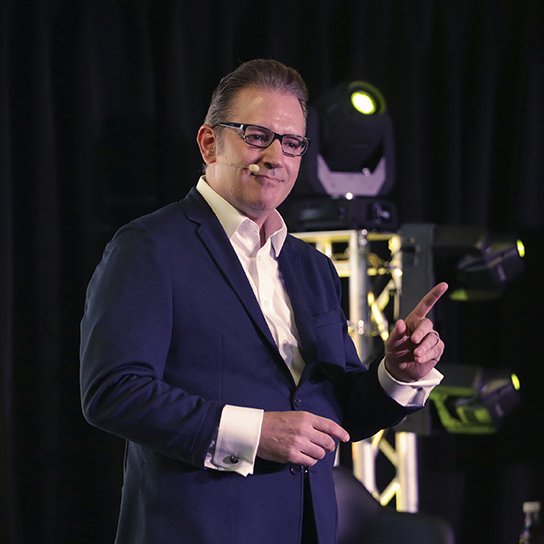Leaders, managers and human resources professionals are always looking for ways to create a workplace culture that empowers people. There are many things you can do to make your employees feel valued and supported, which will in turn encourage them to do their best work.
Here are some tips on how to create a workplace culture of empowerment.
Get Specific With Your Strategies to Empower People
Most of the time, the phrase “empowering people” is left too vague to offer any specific guidance. Let’s get practical.
A practical, tactical way to empower people is to learn what you solve for individually and how to help others discover what they solve for. Here’s what I mean by the phrase what you solve for: it’s what you consistently think about in a big way. What problems are you drawn to? What kinds of solutions do you favor and are especially suited to offer? When you know what you solve for, that’s when you make your most meaningful contribution to any mission.
Knowing what you solve for is a continuous journey of personal exploration and reinvention, as you evolve through school and career. But most schools and companies don’t know how to help someone figure this out.
Based on GLLG data, when someone knows what they solve for, after six months they start seeing more opportunities. After 18 months, they start getting better at growing and sharing those opportunities. Their ability to execute has much more meaning because they know why they’re being asked to contribute, and because they know what they are uniquely suited to solve for.
That’s empowering.
Do You Have a Culture of Empowering People?
Most people don’t know what they solve for. And those people and the organization miss out on the power of being able to connect what people solve for with individual needs of the functions, business units, departments and the goals and objectives of the organization.
Here are some organizational culture assessment questions to help you discover whether or not your workplace culture is designed to empower people in this way.
In a culture of empowering people, you get to know them beyond their title and role.
- Have you asked people about their experience and expertise not directly related to their current role?
- Have you given them room to put that seemingly unrelated experience to use anywhere in the organization that needs it?
In a culture of empowering people, you trust people to make decisions that have impact.
- Do you have rigid guidelines about the responsibilities and parameters for each role?
- Do you revisit those guidelines periodically, to loosen or expand them?
In a culture of empowering people, people are free to explore possibilities and passions.
- Can people gain experience and exposure to other areas of the organization (beyond their own)?
- Can people chart their own career paths? Or is the path to advancement predetermined?
Imagine a company structured in such a way that each person could constantly map their “solve” to various projects or challenges being tackled throughout the enterprise—no matter the department, the business unit, or the function. This would create a system built on the foundation of personalization, where the individual defines the process toward the mission.
Conclusion
We are empowered when our individual capacities are elevated and activated. That’s when we’re able to influence the business at our highest levels of contribution.
When you create a workplace culture of empowering people, the result is a business model built on setting people free where everyone contributes to growth.
Don’t leave your organizational culture to chance. Transform your workplace culture with GLLG leadership training programs.









